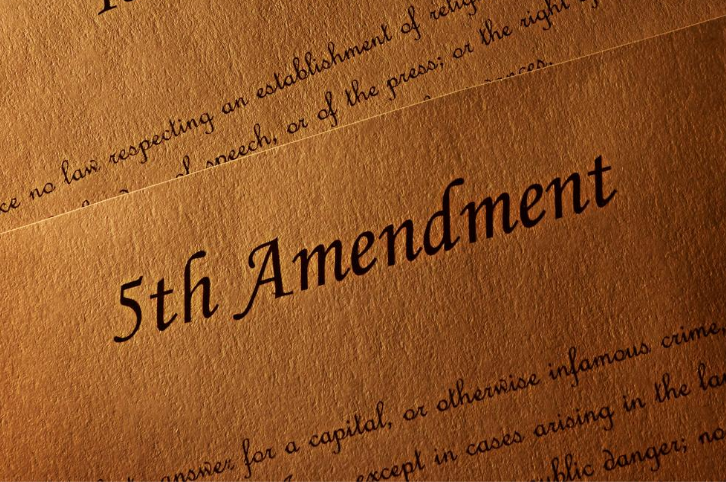
The Takings Clause can be invoked not only when a government agency exercises its power of eminent domain but also when a property owner challenges a taking for which they haven’t been compensated. The latter scenario is called inverse condemnation and was the subject of a recent United States Supreme Court decision that is discussed in detail below. In June 2019, the U.S. Supreme Court issued an opinion in the case of the Knick v. Township of Scott, Pennsylvania. The issue presented was whether a state inverse condemnation claim must be brought in state court before a claim in federal court can be made. The Knick case arose out of a local ordinance in rural Pennsylvania requiring public access to historical cemeteries located on private land. The owner of a parcel of land with several grave markers on it sued in federal court on a theory of inverse condemnation, claiming that the ordinance amounted to a physical invasion of her property. Both the federal district court and the U.S. Court of Appeals for the Third Circuit ruled against her. They determined that a state Takings Clause claim isn’t justifiable in federal court until all state-court remedies are pursued. After agreeing to hear the case, the Supreme Court reversed, finding that requiring property owners to litigate state inverse condemnation claims in state court first imposes an unjustifiable burden on Takings Clause plaintiffs. The author of the court’s opinion, Chief Justice John Roberts, wrote that a Takings Clause violation occurs when private property is taken without a prior or contemporaneous payment of compensation. More specifically, the court overruled one of its own decisions from 1985 that had limited federal court access for plaintiffs who allege an uncompensated taking of private property. Under the 1985 decision of Williamson County Regional Planning Comm’n v. Hamilton Bank of Johnson City, the government simply had to provide a “reasonable, certain and adequate” way to recover compensation after the fact through administrative or state-court means. In further explaining its rationale in Knick, the court noted the dilemma created by Williamson in which an unsuccessful state-court plaintiff would be precluded from having their case heard in federal court at all due to the federal full faith and credit statute (28 U.S.C. §1738). The Knick case stands for the general proposition that property owners who allege a Takings Clause violation against a state or local government have the option to sue in either state or federal court. Practically speaking, the decision gives property owners a wealth of new tactical advantages, most notably the ability to forum shop.
Contact Palmieri, Hennessey & Leifer Today
The above case law update has been brought to you by the trusted California eminent domain lawyers at Palmieri, Hennessey & Leifer. Our law firm in Irvine, California, has a long and proud history of helping both property and business owners successfully navigate a wide array of challenges in the areas of eminent domain, inverse condemnation, commercial lease valuation and land-use regulations. To speak with a California eminent domain lawyer at Palmieri, Hennessey & Leifer, please call 949-652-2622 or complete our convenient online contact form.
